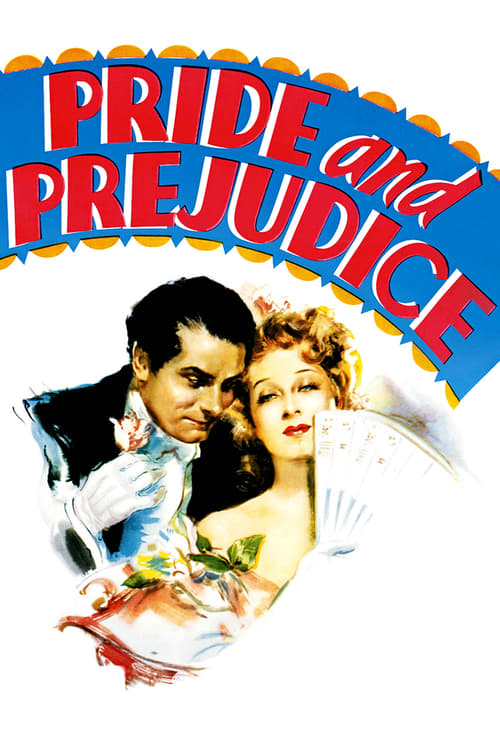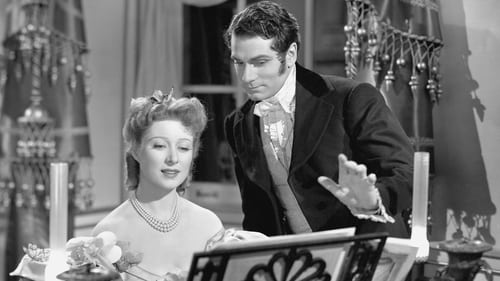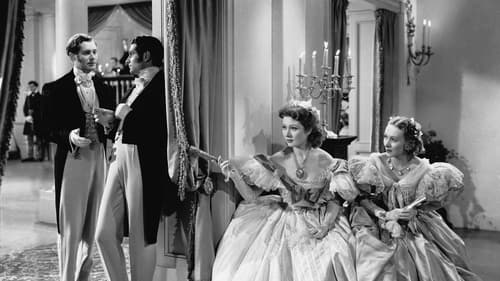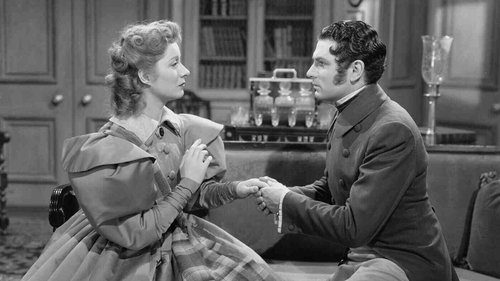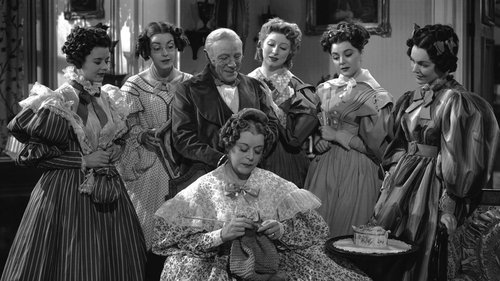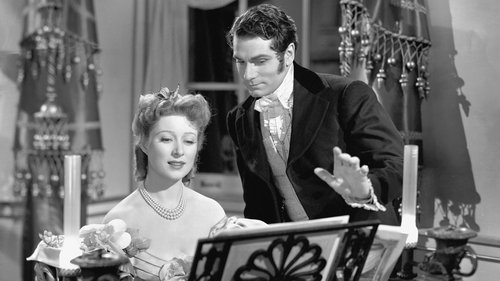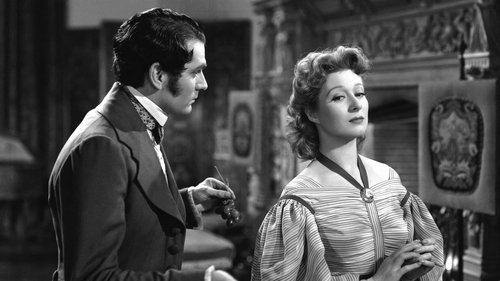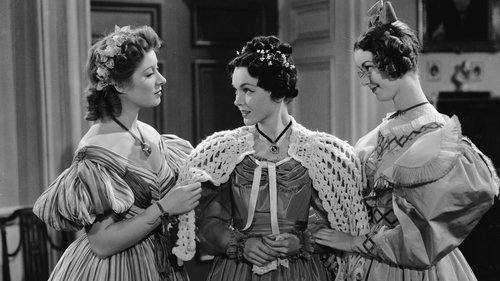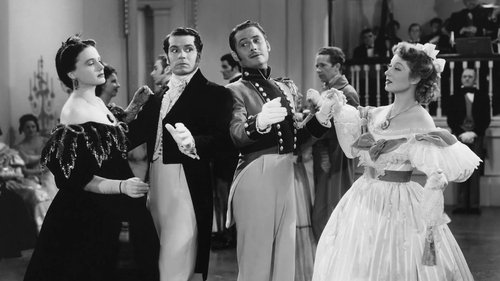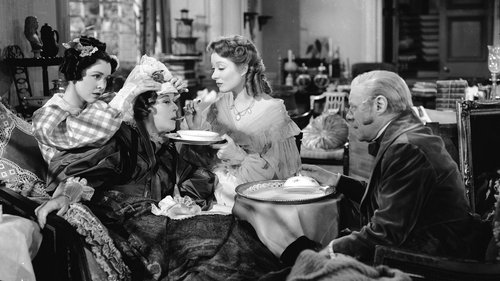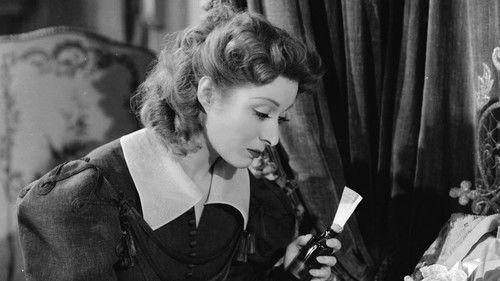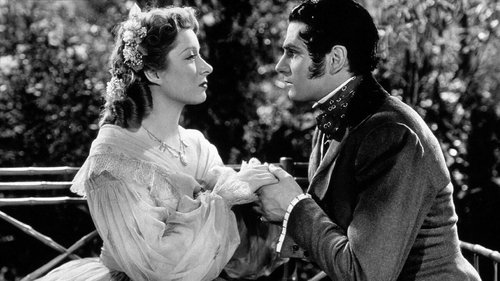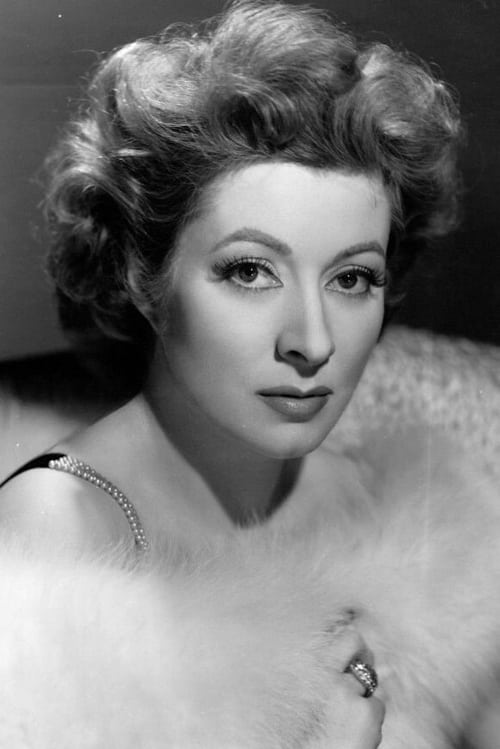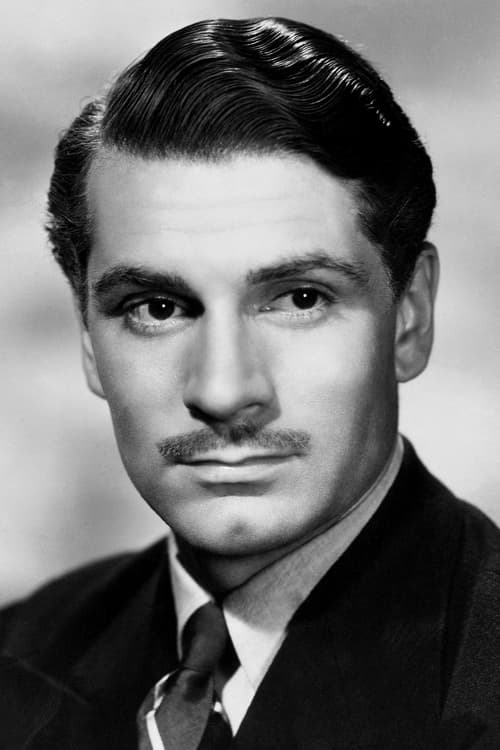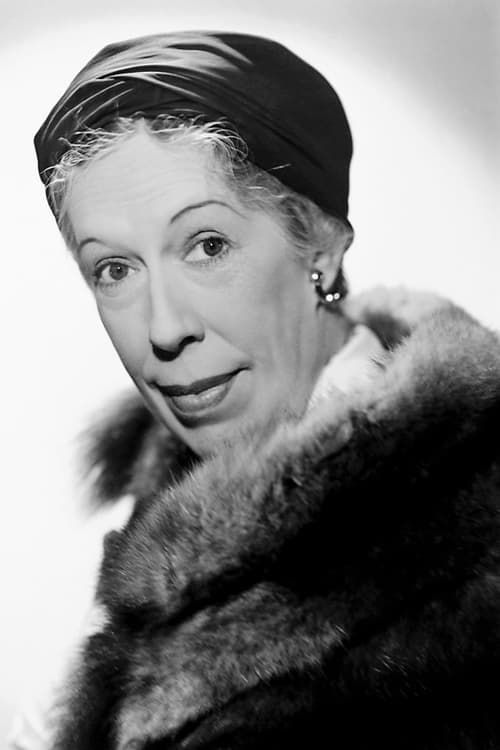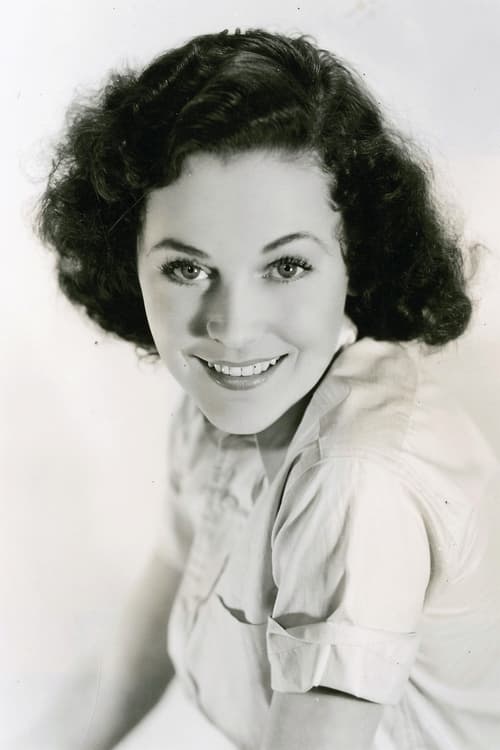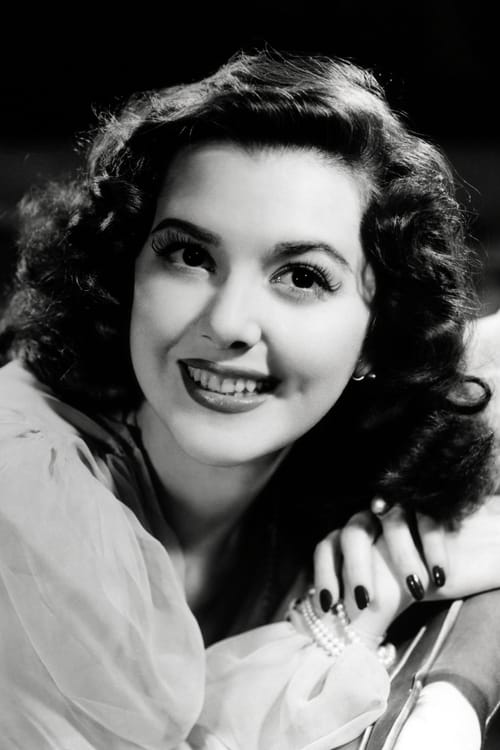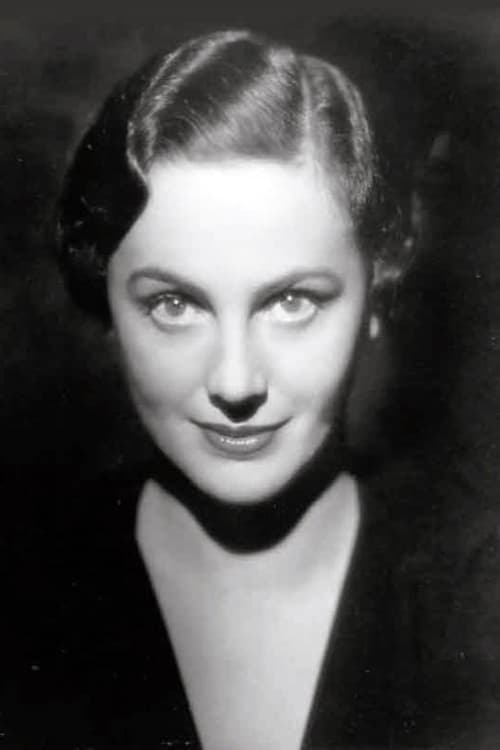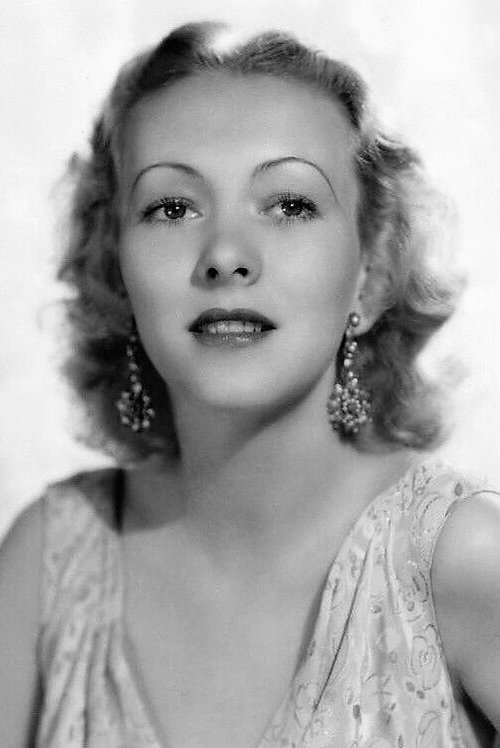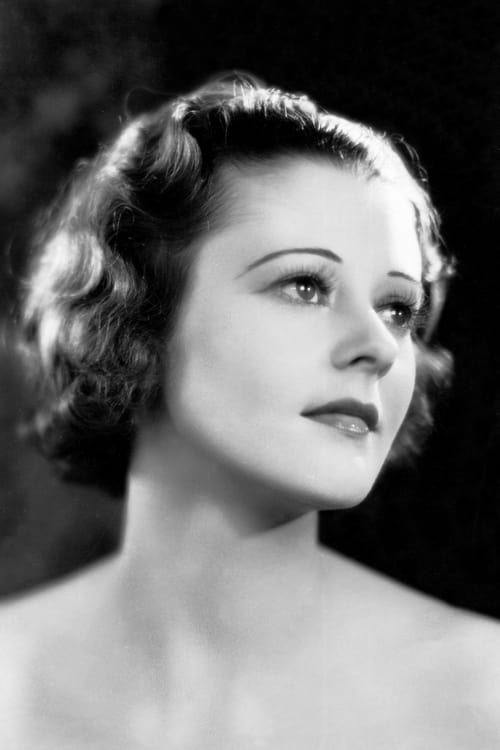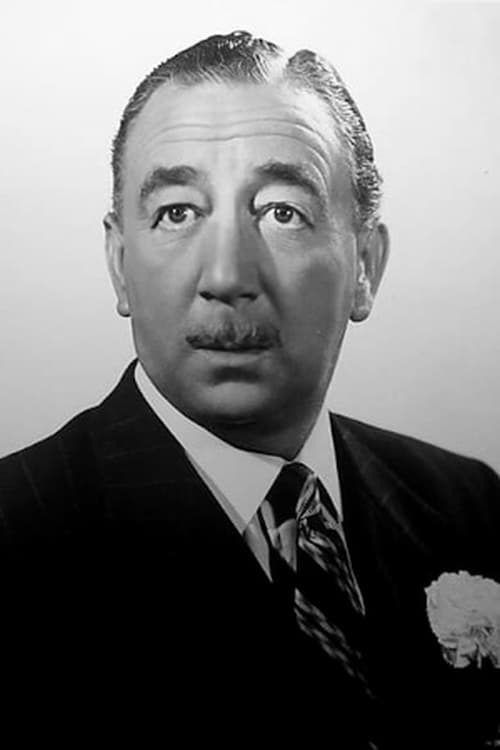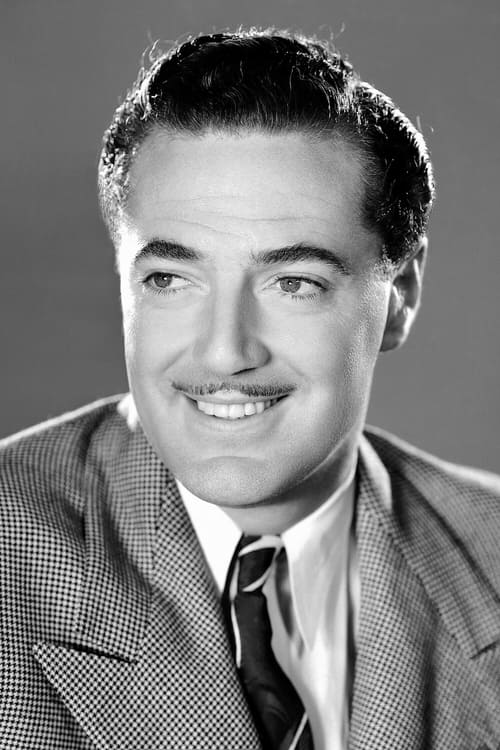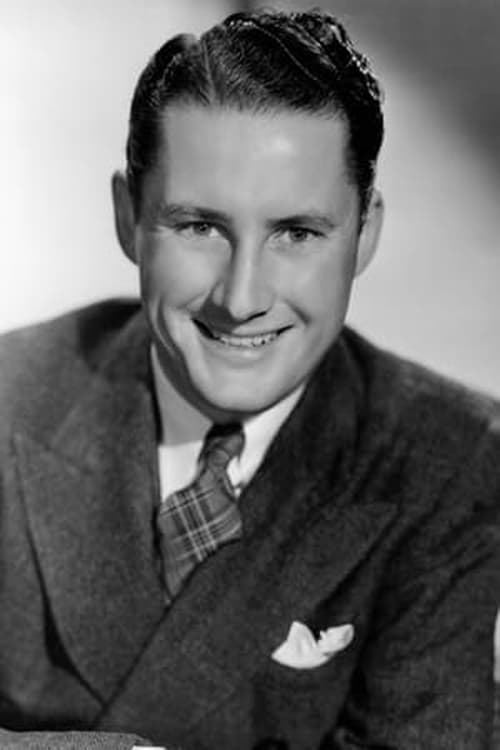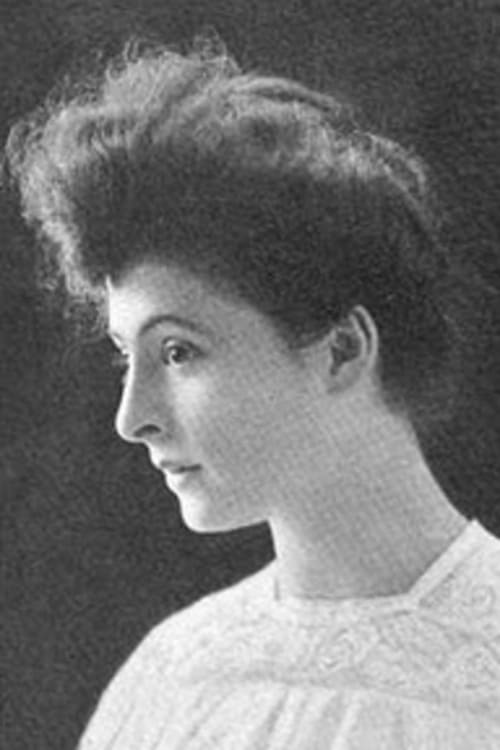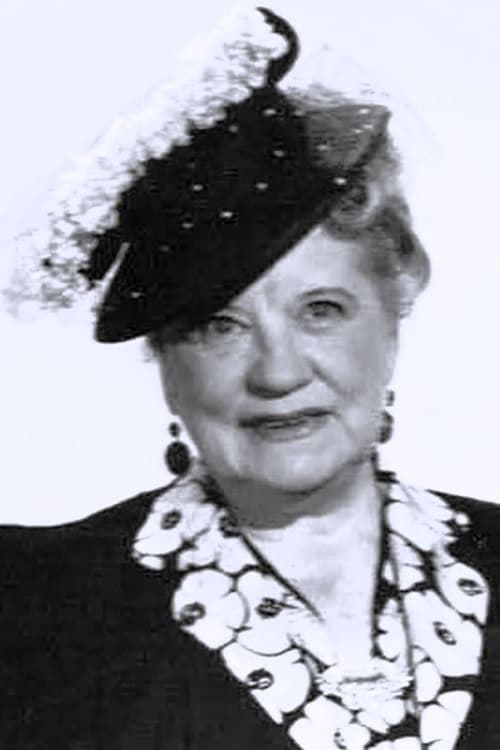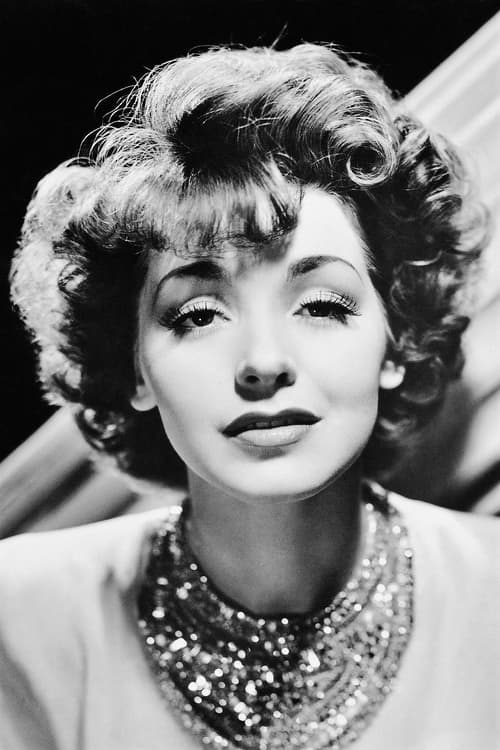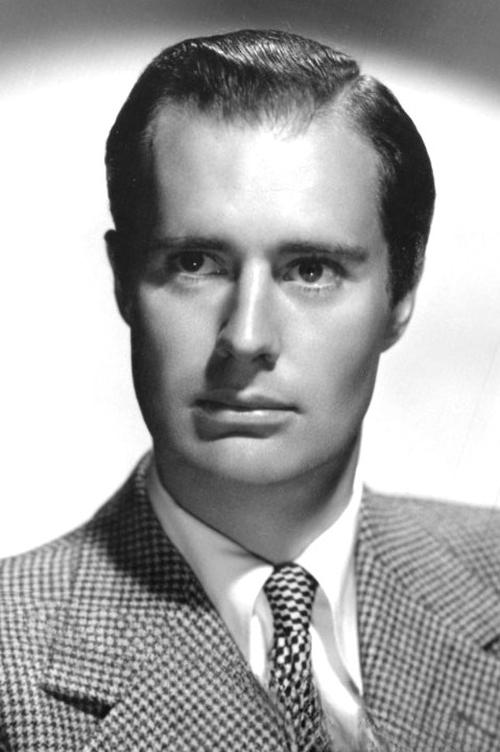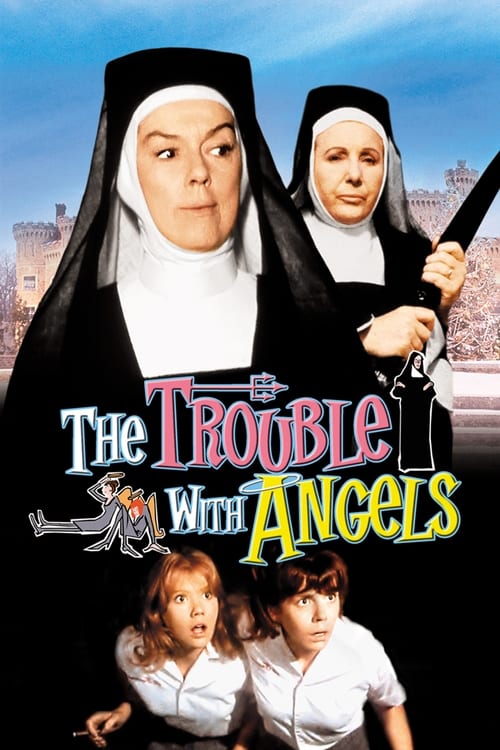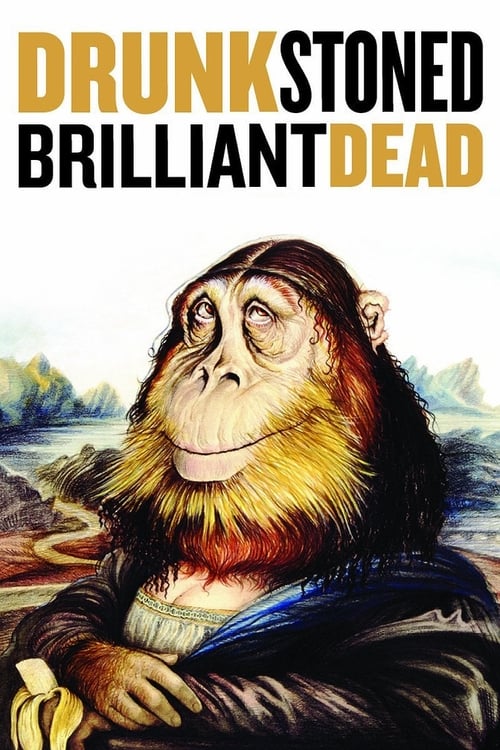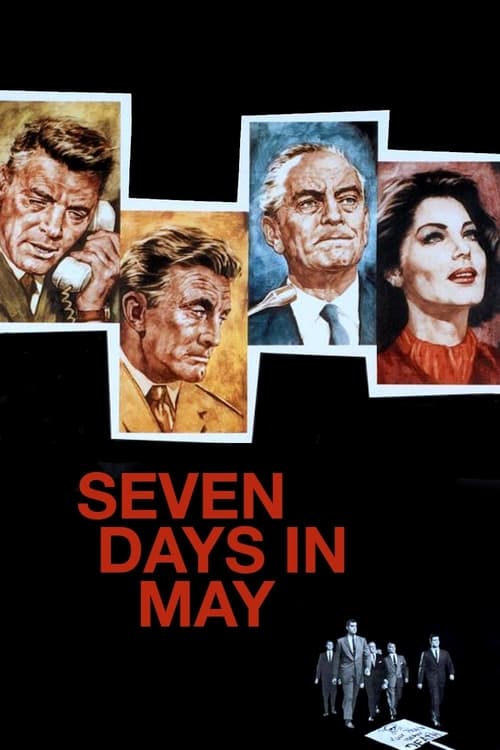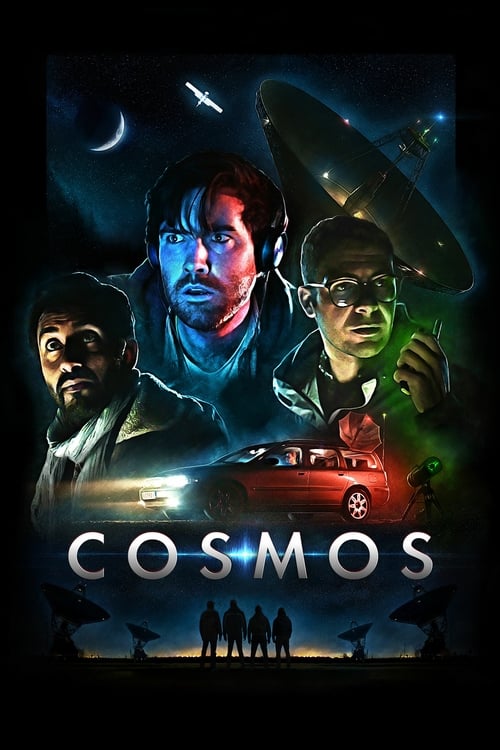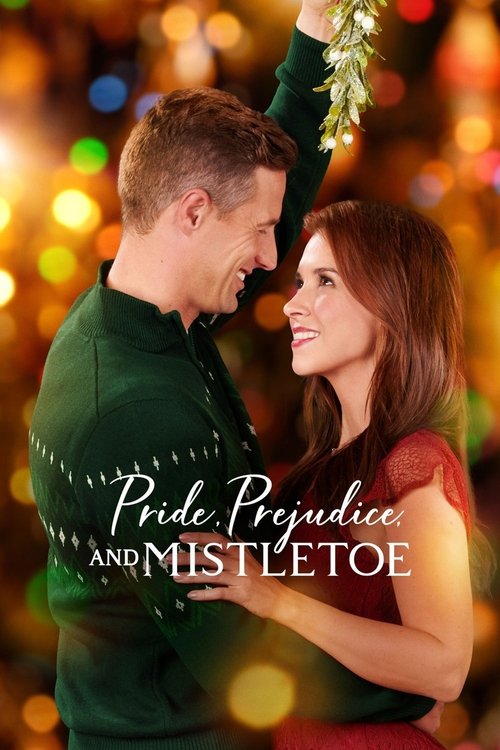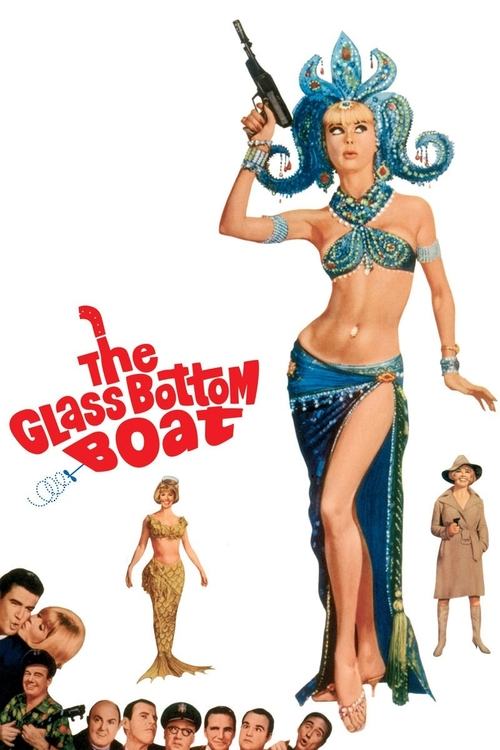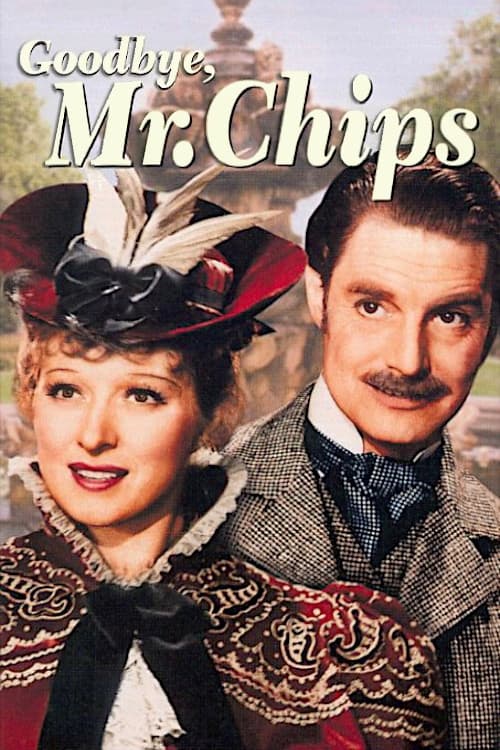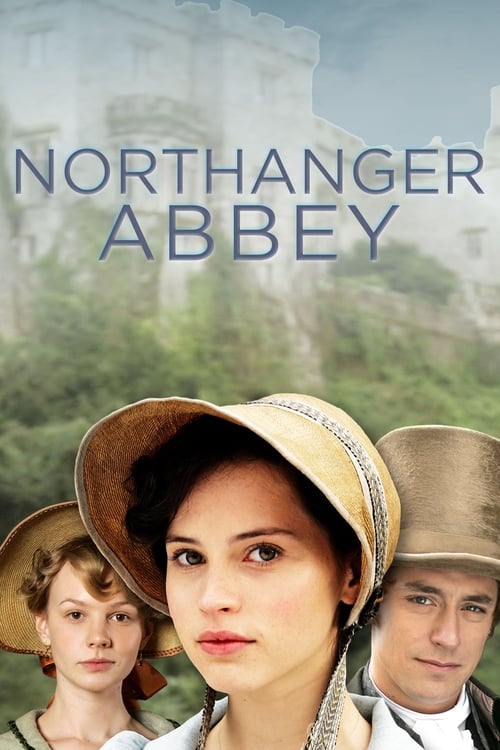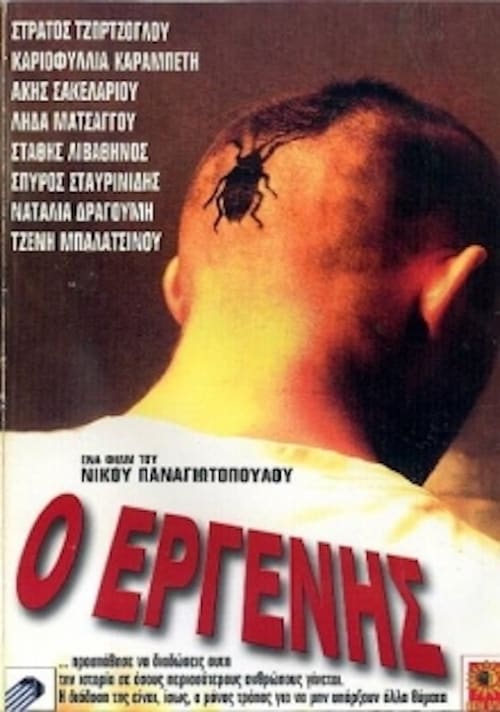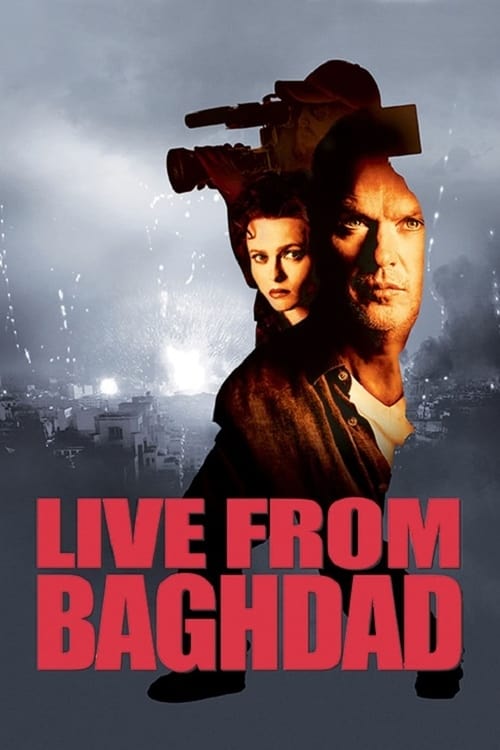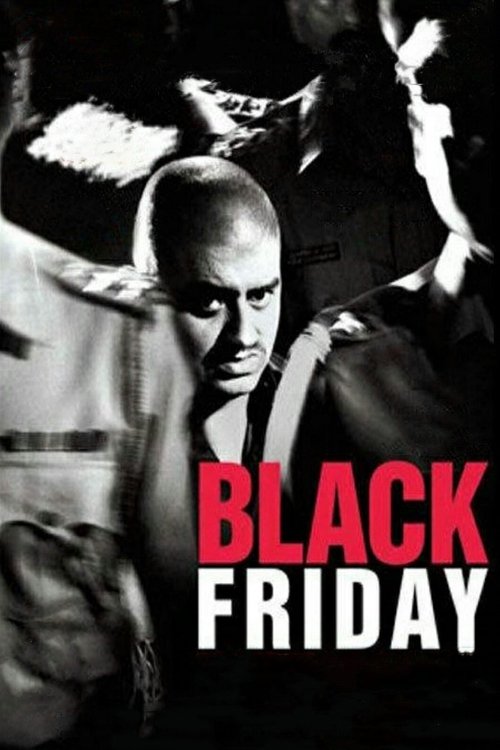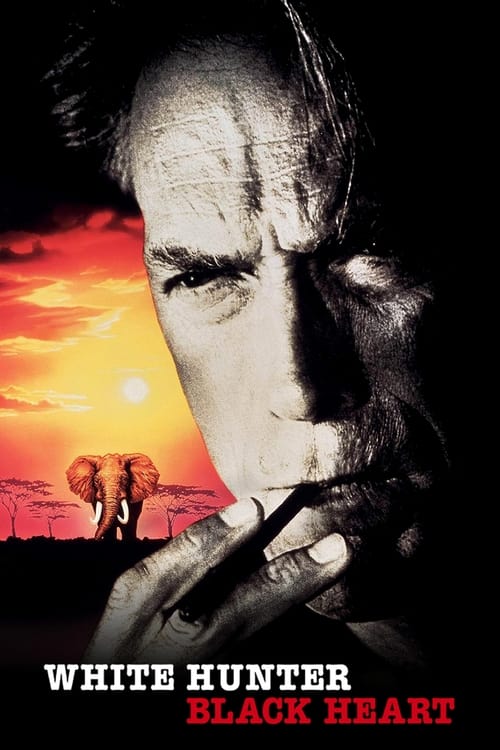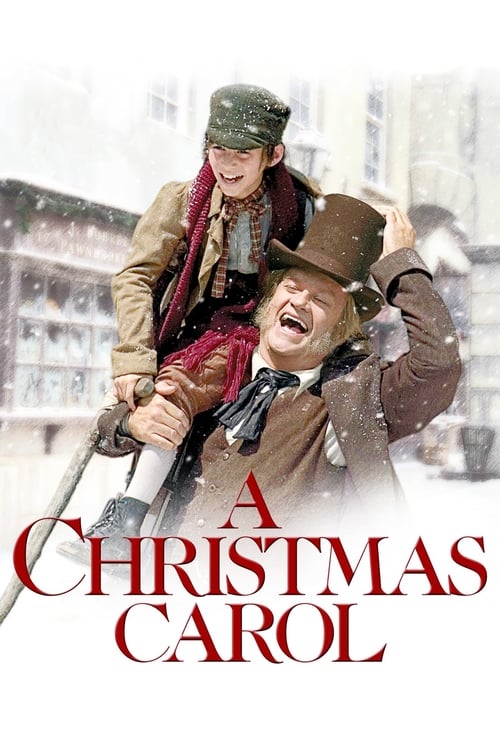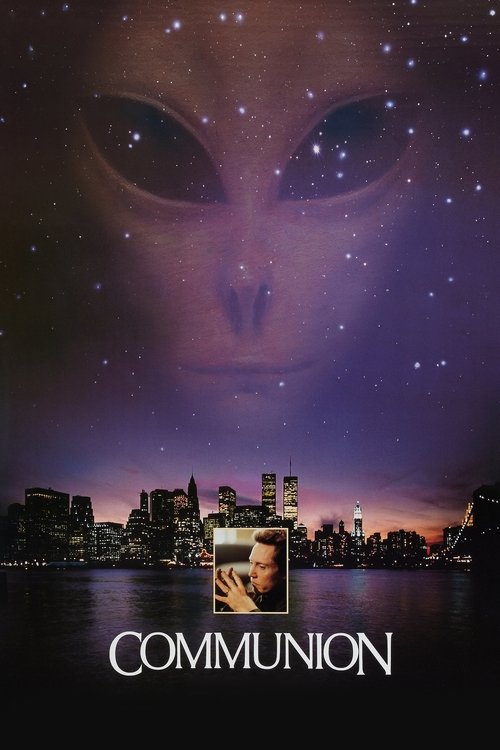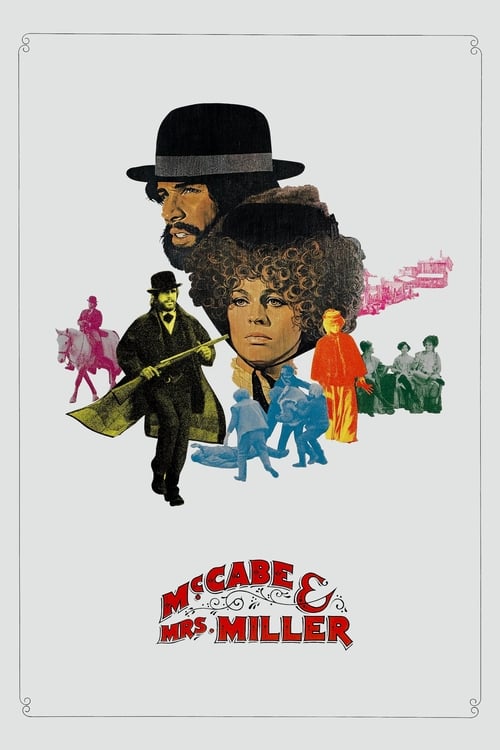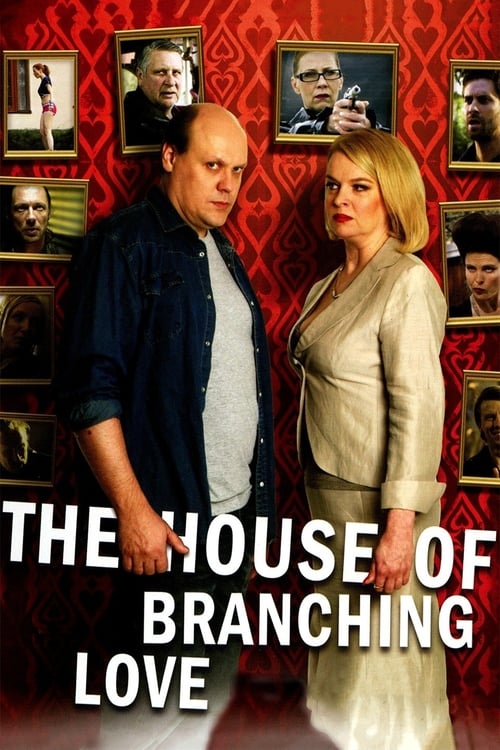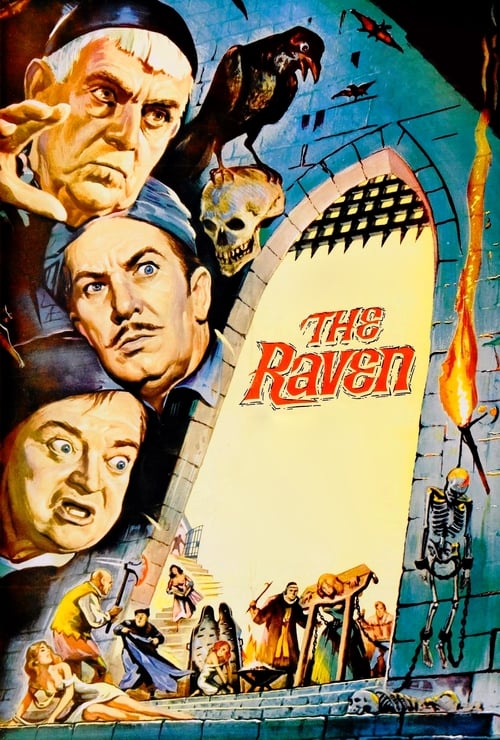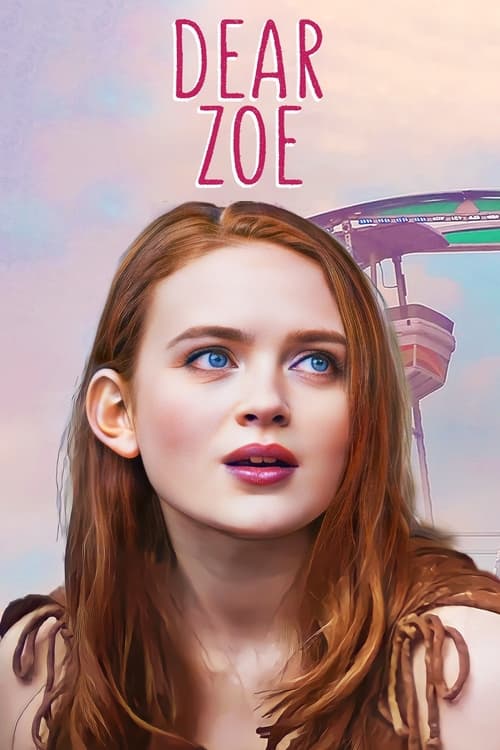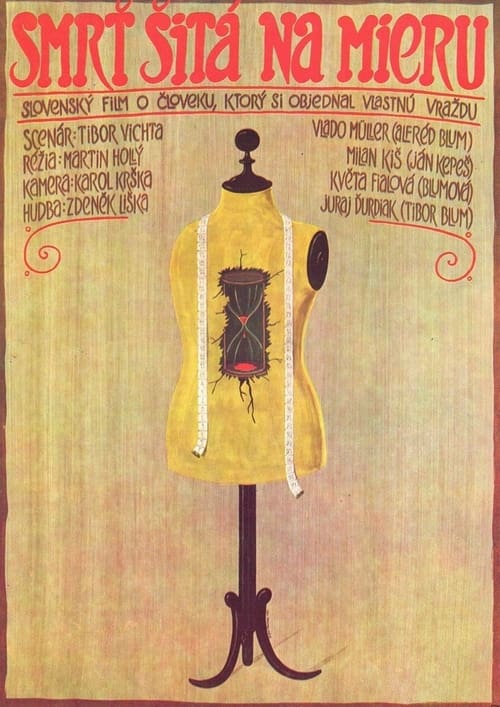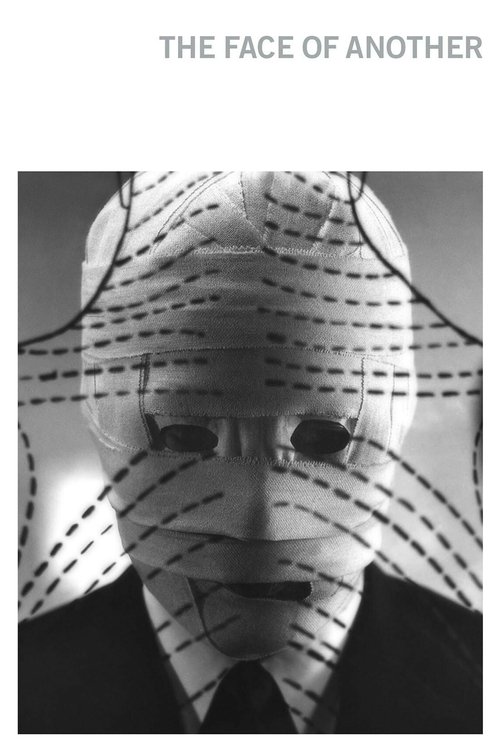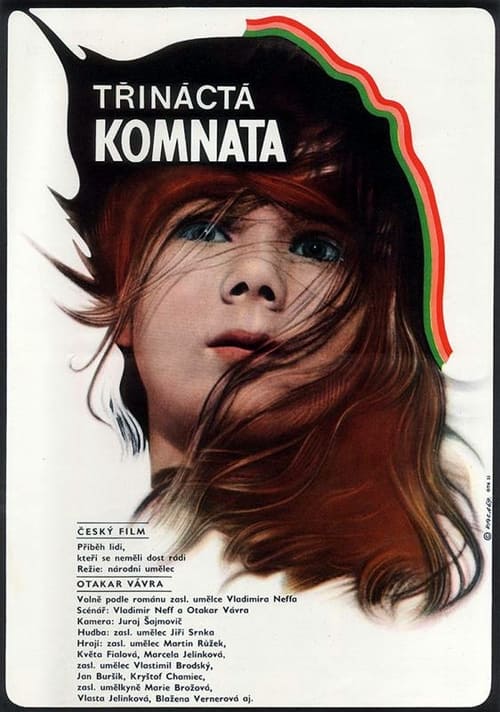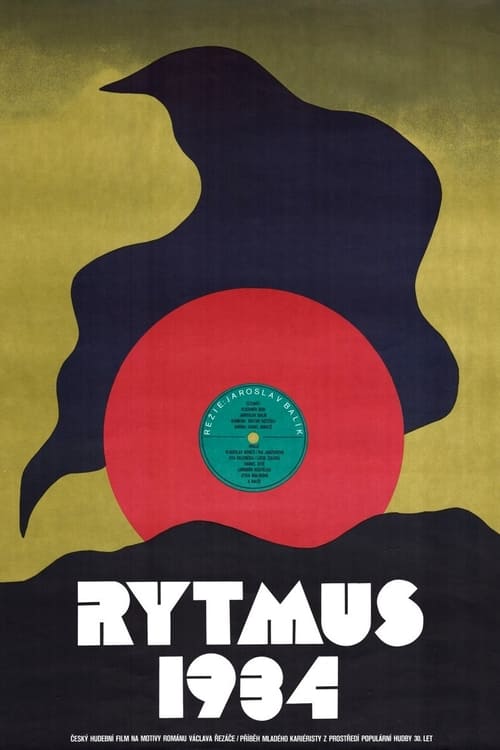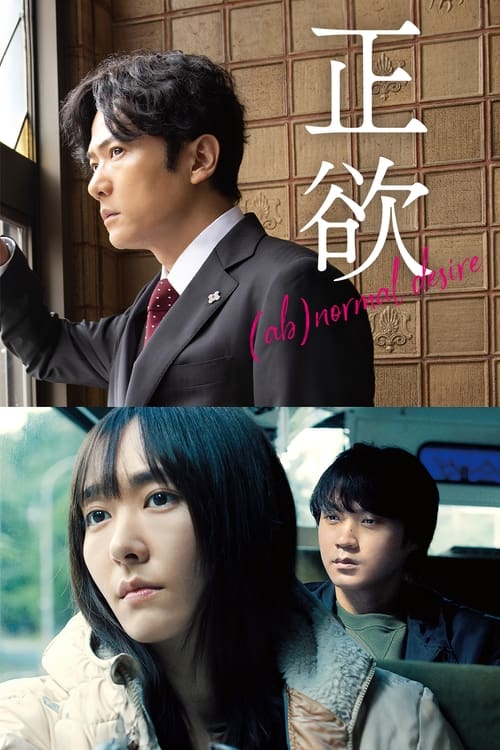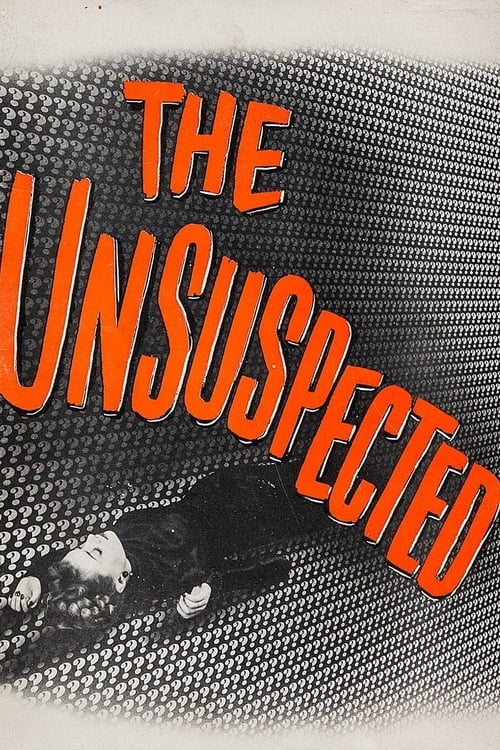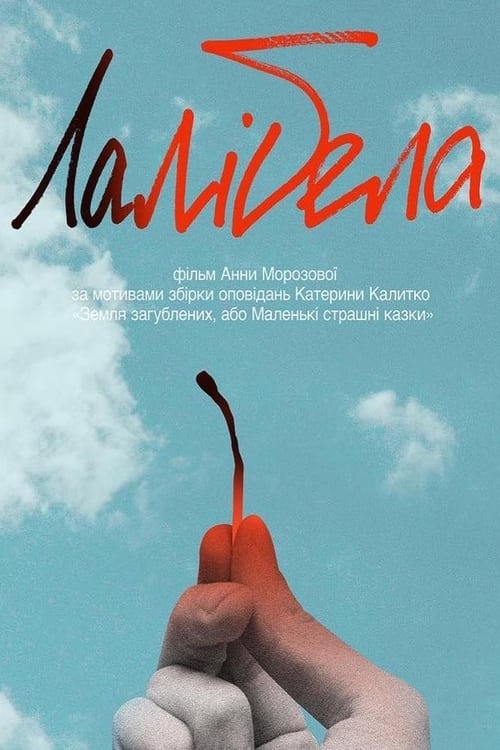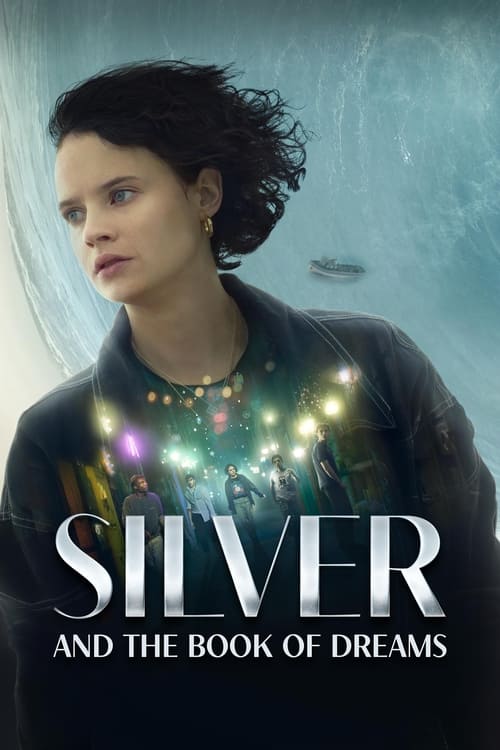Drama
Romance
Mrs. Bennet wishes to wed her five unmarried daughters and is overjoyed when a wealthy bachelor begins living nearby, but misunderstandings make happiness difficult.
Directors
Greer Garson
Elizabeth Bennet
Laurence Olivier
Mr. Darcy
Mary Boland
Mrs. Bennet
Edna May Oliver
Lady Catherine de Bourgh
Maureen O'Sullivan
Jane Bennet
Ann Rutherford
Lydia Bennet
Frieda Inescort
Miss Caroline Bingley
Edmund Gwenn
Mr. Bennet
Karen Morley
Mrs. Collins
Heather Angel
Kitty Bennet
Melville Cooper
Mr. Collins
Edward Ashley
Mr. George Wickham
Marten Lamont
Mr. Denny
E. E. Clive
Sir William Lucas
Marjorie Wood
Lady Lucas
May Beatty
Mrs. Philips
Marsha Hunt
Mary Bennet
Bruce Lester
Mr. Bingley
Directors
More like this
User reviews2
Review
Featured review
**A first adaptation of Jane Austen's greatest work, which is riddled with problems, but is competent, pragmatic and very elegant. Thought of as a comedy, it was thought of the wrong way.**
At this point, I believe that even those who have never read a Jane Austen novel will surely agree that the writer is, quite simply, one of the most distinguished in the classical pantheon of the English language. “Pride and Prejudice” is a novel that has been adapted to film and TV several times, and each production had its pros and cons. One cannot ignore this production, however, because it was truly the first to transport romance from paper to celluloid. Its impact, at the time, was enormous, it was a great success and even helped to make the original book better known and popular outside England.
I won't waste my time explaining the plot, which is well known to everyone who has seen at least one of the most recent adaptations of the book. What I can say is that this film, with its short duration, ends up not being able to do justice to the original material, which is largely hidden. It couldn't be otherwise, anyway, but director Robert Z. Leonard even cut out passages that were quite important for the general understanding of the plot!
Another problem with this film is how the production simply didn't care about choosing actors who fit the characters. Concerned with attracting the public and making the film work, the producers chose famous, recognizable actors, even if they are clearly older than the characters they embodied. “Safe bets”, as I sometimes call them, because they combined popularity with assured talent: it's no wonder that, each in their own way, they managed to give us good performances. I particularly liked Greer Garson, who I feel made a genuine effort to look younger and more rebellious, as her character demanded. Also, Edna May Oliver deserves praise for the way she gave life to the imposing and arrogant Lady Catherine. Maureen O'Sullivan, Edmund Gwenn and Edward Ashley do an equally good job, and despite not liking the overly pompous and arrogant ways, Lawrence Olivier was competent as Darcy.
Technically, the film has no major flaws or demerits worth mentioning. Filmed in black and white when originally planned to use color (due to allegedly running out of celluloid due to the production of “Gone With The Wind”), the film has very good cinematography and was elegantly shot. The soundtrack is not bad, being within what we expect to find in a film from the early Forties. However, I cannot fail to criticize, on the negative side, the option of temporally placing the action thirty years after the period in which everything takes place in the book, even though I understand the convenience, for the entire production, of being able to recycle part of the costumes used in “Gone With The Wind”.
FilipeManuelNeto26 Feb, 2023
Top picks
TV shows and movies just for you
Box office
Budget
$0Gross worldwide
$0